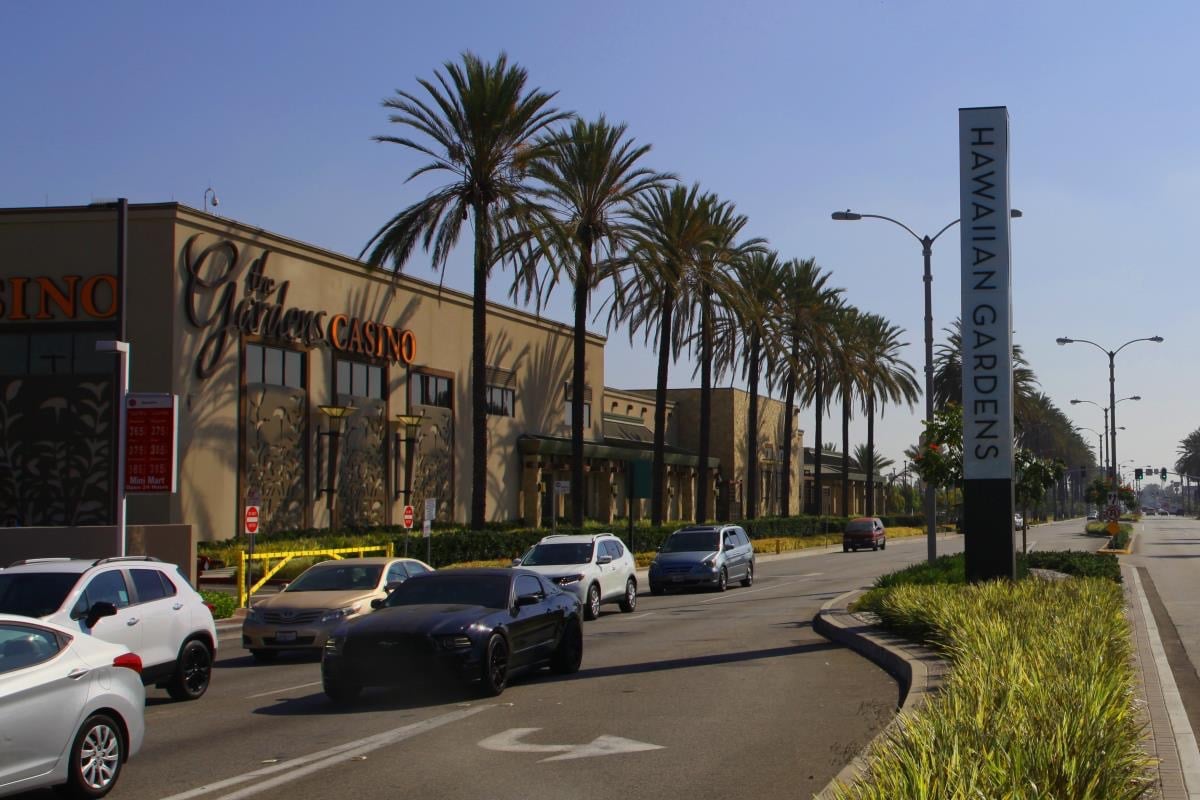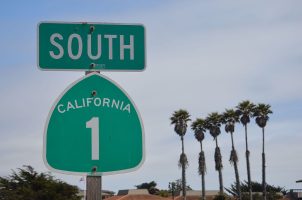California AFSCME Union Opposes Prop 26 Tribal Sports Betting Initiative
Posted on: July 21, 2022, 10:18h.
Last updated on: July 22, 2022, 03:07h.
Yet another major player in California politics came out Thursday with a stance on the California sports betting measures that will be on the November ballot.

The American Federation of State, County, and Municipal Employees (AFSCME) District Council 36 announced its opposition to Proposition 26. That’s the proposed constitutional amendment backed by most tribal gaming entities that would allow retail sportsbooks at Indian casinos and state-licensed racetracks. The Los Angeles-based council represents 60 locals and 20,000 workers for California municipalities, legal aid, and nonprofit social services organizations.
Its statement was released Thursday afternoon by “Taxpayers Against Special Interest Monopolies,” a political committee funded by state-licensed cardroom casinos in California.
Prop 26, if approved by voters, would do more than just legalize sports betting. It also would allow tribal casinos to offer dice-based table games and roulette. It also would allow private entities to file complaints through the Private Attorney General Act (PAGA) against organizations they accuse of illegal gambling practices.
The last provision has led to the AFSCME council’s opposition.
Union Fears ‘Poison Pill’ in Prop 26
Shavon Moore-Cage, who serves on the district council’s management chapter, said in a statement the PAGA language is a “poison pill” that would run cardroom casinos out of business. Several cities across the state rely on cardroom casinos in their communities for a significant portion of their revenues.
She added she was laid off after the cardroom casino in her community was forced to shut down due to COVID-19 forcing business closures across the state.
When city revenue is slashed, public employee jobs like mine are on the line,” Moore-Cage said. “This is not just some hypothetical statement… I don’t want any more of my union brothers and sisters to suffer that same fate – especially when it can be avoided.”
Besides the district council, three AFSCME locals also joined in opposition. Two of those, Local 773 and Local 3624, are located in cities with cardroom casinos that are funding Taxpayers Against Special Interest Monopolies. The Commerce Casino is in Commerce, where Local 773 is based, and Local 3624 is in Hawaiian Gardens, home to The Gardens Casino.
Several Cardrooms Fined in Recent Years
In a statement to Casino.org, a spokesperson for a pro-Prop 26 committee said cardrooms that abide by state laws have nothing to fear.
“Prop 26 will not shut down a single cardroom casino that’s operating legitimately,” said Kathy Fairbanks with the “Coalition for Safe Responsible Gaming.” “The only cardroom casinos at risk of legal enforcement are those that repeatedly violate California gaming laws.”
Fairbanks pointed out that several of the state-licensed cardrooms have faced state and federal investigations. Many have paid six- or seven-figure fines in recent years for operating illegally, not following federal anti-money laundering practices, and other violations.
Three years ago, The Gardens Casino paid a $3.1 million fine after state then-Attorney General Xavier Becerra’s office found the cardroom did not report it was under federal investigation and admitted to violating the Bank Secrecy Act. Last year, Artichoke Joe’s was fined $5.3 million for Bank Secrecy Act violations.
Millions Spent on California Measures
Prop 26 is one of two sports betting measures that will be on the California ballot in November. The other, Proposition 27, would legalize online sports betting statewide, and is backed by seven national gaming operators.
Committees for and against the two propositions are pouring millions of dollars into campaigns to promote their stances on the measures. By the time voters decide in a little more than three months, the sports betting initiatives are expected to break records for campaign spending on ballot measures in the state.
It’s an expensive battle because California, the country’s most populous state, is in a position to emerge as the top betting market in the US once – or if – it legalizes sports betting.
A number of political leaders, labor organizations, and civic and business groups have come out with positions on one of the bills. Earlier this month, the California Democratic Party announced its opposition to Prop 27 while remaining neutral on Prop 26.
The AFSCME members join the California Contract Cities Association, which represents more than 70 municipalities in the state, in opposing Prop 26.
Related News Articles
California Sports Betting: Who Funds the Groups Behind the $400M Battle?
Polymarket Adds California Sports Betting Futures, Trading Banned in US
California Gov. Gavin Newsom Opposes Prop 27 Online Sports Betting Measure
Most Popular
Las Vegas Overstated F1 Race’s Vegas Impact — Report
Vegas Strip Clubs Wrestle in Court Over Animal Names
Most Commented
-
End of the Line for Las Vegas Monorail
— April 5, 2024 — 90 Comments -
Mega Millions Reportedly Mulling Substantial Ticket Price Increase
— April 16, 2024 — 6 Comments -
Long Island Casino Opponents Love New York Licensing Delays
— March 27, 2024 — 5 Comments
















No comments yet